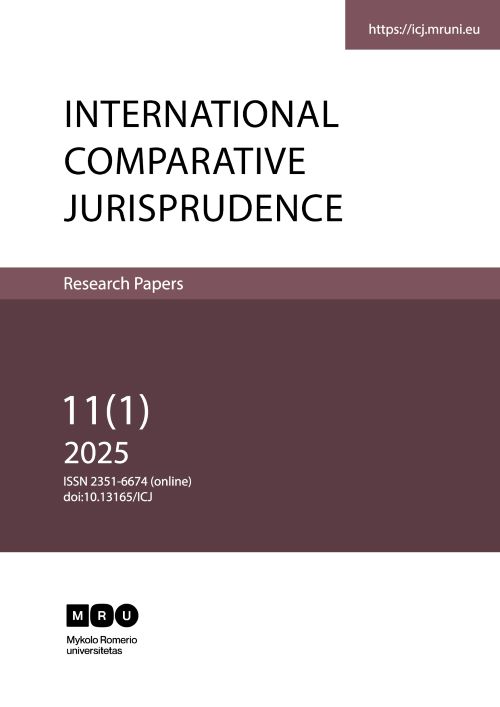THE BEST INTERESTS OF CHILD: RIGHT TO EDUCATION VERSUS MINORITY RIGHTS
##plugins.themes.bootstrap3.article.main##
Abstract
This article analyses the genesis and apparent contradiction between different human rights, specifically, the right to education and national minority rights, through the lens of the best interests of the child. The innovative concept of the protection of the best interests of the child allows for a different approach and a fair balance to be struck between values such as the equality of the individual in society and the need to preserve national identity on one hand and, on the other hand, the extent to which the quality of the right to education affects the balance between these values. The article’s objective is to examine the thesis that the legal framework of the right to education does not include a child’s integral right to basic education in their native language if it is not the official state language. The rights to education in one’s native language in Latvia and Lithuania are not identical concepts, emphasising the role of children’s education in building civic society and ensuring democratic processes. In this article, we distinguish and identify the ‘traditional’ or ‘autochthonous’ national minorities and their rights and legal expectations, at the same time illustrating the legally nuanced collisions regarding the correct use of the term ‘national minority’ and its applicability to a state’s obligations to protect the rights of national minorities.
Keywords: The Best Interests of the Child, Human Rights, Right to Education, Minority Rights, National Identity, Equal Opportunities, Baltic States.
##plugins.themes.bootstrap3.article.details##
Authors contributing to International Comparative Jurisprudence agree to publish their articles under a Creative Commons Attribution 4.0 International Public (CC BY) License.![]()







